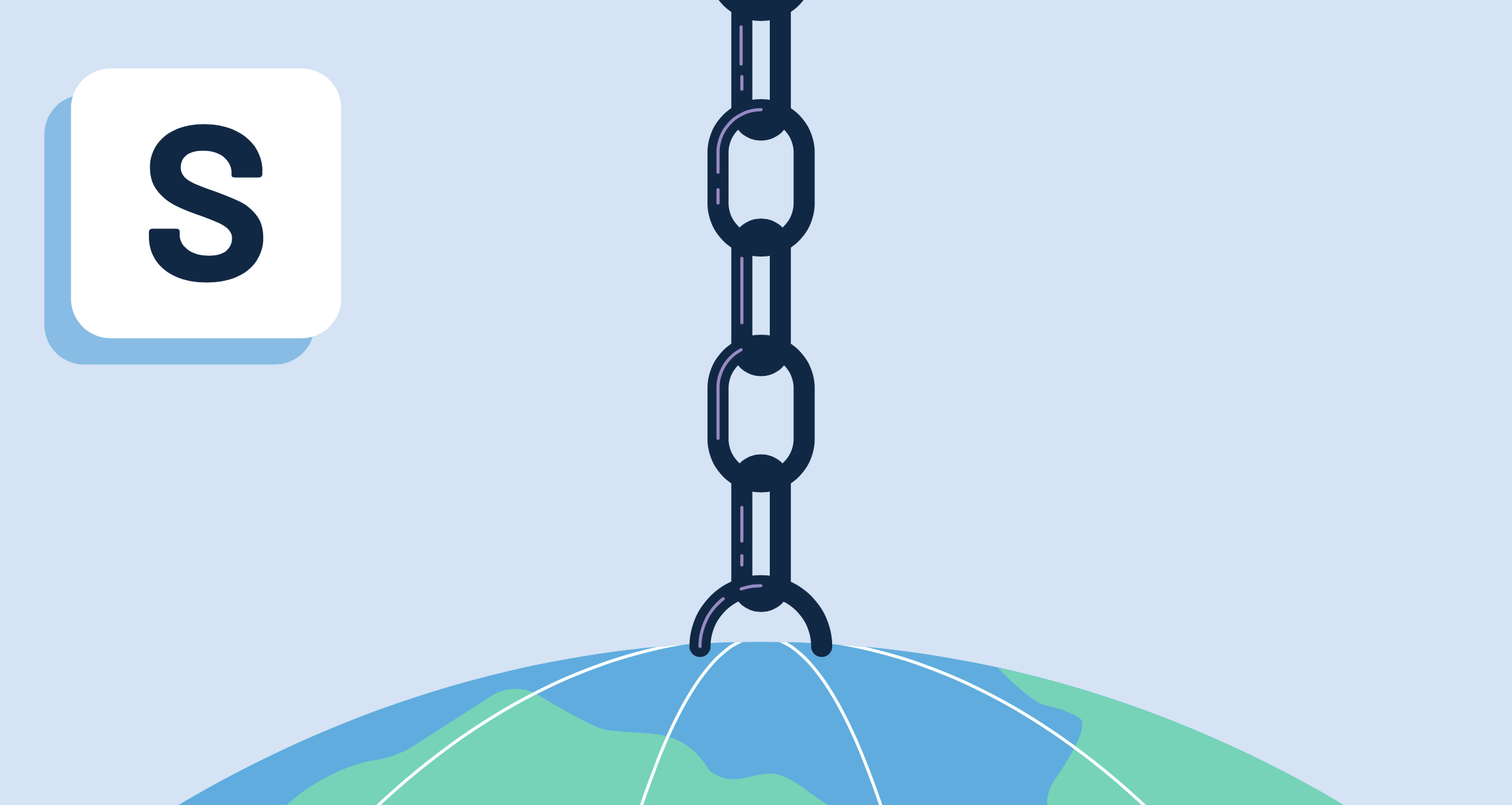
Supplier management is a step of the procurement process that oversees all company supply chain relationships and finds ways to improve supplier strategies.
Industries leverage supplier management to make sure all members of the supply chain are meeting expectations, identify areas of improvement, and increase commitment to ensuring that all areas are working efficiently and cohesively. The supplier management process encapsulates every major step in discovering, obtaining, managing, and maintaining supplier contacts.
Companies utilize supplier relationship management software to improve supply chain processes and ensure effective and efficient interactions. Supplier solutions give companies the tools to organize their supplier information, evaluate supply chain performance, ensure that all outsourced work is compliant, and identify potential issues before they become costly.
There are five different types of supplier relationships that companies implement to streamline the way they create connections with members of the supply chain.
The supplier management process outlines the entire specification, procurement, onboarding, collaboration, and evaluation of a supplier joining a company’s supply chain. This process helps companies choose the right supplier and ensure ongoing success.
Supplier management brings a lot of value to companies that execute it effectively. The whole process helps companies identify where their performance priorities lie, then find and manage suppliers who will help them succeed.
Slacking at supplier management can cause companies to choose a supplier that doesn’t meet their needs, isn’t cost-effective, or won’t drive progress. Following the below best practices helps companies prepare for an effective supplier management process and maintain a supply chain that promotes success.
Supplier management and vendor management are often confused because they share a goal of offering the goods and services needed to succeed. Their significant differences lie in who the suppliers and vendors are, who they offer these goods and services to, and at what stage of the supply chain they are most demanded.
Supplier management oversees suppliers, which are outsourced businesses that provide raw materials for companies to manufacture products. Suppliers live at the very beginning of the supply chain to assist in creating goods from day one. Suppliers often work directly with other companies and rarely interact with the end-user. Supplier management focuses more on fostering a successful partnership that impacts the entirety of the supply chain.
Vendor management oversees vendors or businesses that purchase goods from a manufacturer and distribute them to the end-user. Vendors live at the very end of the supply chain to allocate the completed products and ensure they reach their target market. While some vendors sell to other companies, they mostly interact directly with the customer.
Vendor management assures that products are distributed efficiently and affordably. Some companies utilize vendor management software to create a digital repository for managing vendor projects, issuing supply chain payroll, finding vendors, overseeing time management and more.
Alexandra Vazquez is a former Senior Content Marketing Specialist at G2. She received her Business Administration degree from Florida International University and is a published playwright. Alexandra's expertise lies in copywriting for the G2 Tea newsletter, interviewing experts in the Industry Insights blog and video series, and leading our internal thought leadership blog series, G2 Voices. In her spare time, she enjoys collecting board games, playing karaoke, and watching trashy reality TV.
What is supply chain management? Supply chain management (SCM) involves overseeing how a...
 by Alexandra Vazquez
by Alexandra Vazquez
What is supply chain planning? Supply chain planning (SCP) is a method of forecasting product...
 by Alexandra Vazquez
by Alexandra Vazquez
What is financial risk management? Financial risk management is the processing of...
 by Alexandra Vazquez
by Alexandra Vazquez
What is supply chain management? Supply chain management (SCM) involves overseeing how a...
 by Alexandra Vazquez
by Alexandra Vazquez
What is supply chain planning? Supply chain planning (SCP) is a method of forecasting product...
 by Alexandra Vazquez
by Alexandra Vazquez


